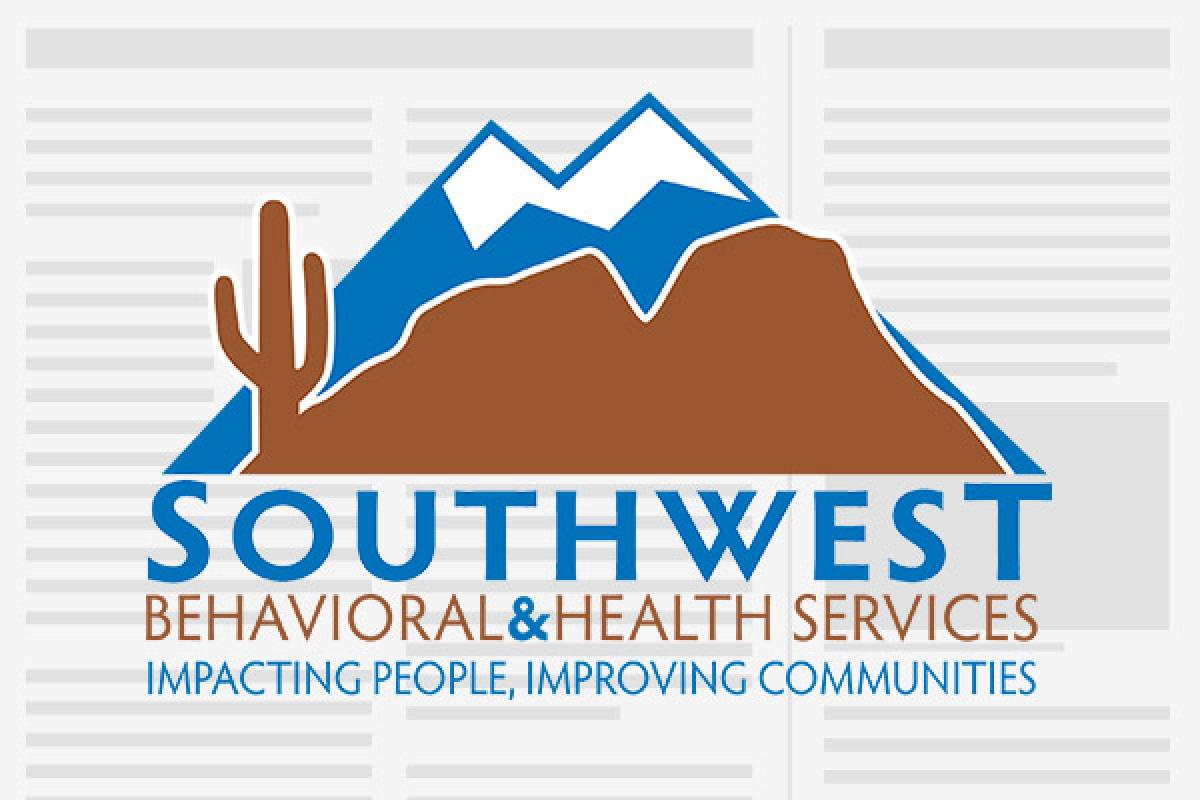
The preteen years are critical in making sure that a parent’s message resonates with children. As they begin to find their way in the world and value their friends’ opinions while questioning their parents’ views, those messages may be challenged. However, it’s crucial to keep the communication going because those messages will be heard and stay with a child much more than they will ever admit.
Having these conversations with kids in elementary school might seem challenging, but here are sample conversations to make it a little bit easier.
Scenario – Your elementary school child comes home reeking of cigarette smoke
What to say – “I know you’re curious and you wanted to see what smoking was like, but as you can see, it’s pretty disgusting and it probably made you cough and gag a lot. Your clothes, breath and hair all stink. Is that how you want to be known? As the kid who stinks?”
Scenario – Your child is just starting middle school and you know that eventually he or she will be offered drugs and alcohol
What to say – “There are a lot of changes ahead of you in middle school. I know we talked about drinking and drugs when you were younger, but now is when it is probably going to be an issue. I’m guessing you’ll at least hear about kids who are experimenting, if not find yourself some place where kids are doing stuff that is risky. I just want you to remember that I’m here for you and the best thing you can do is just talk to me about the stuff you hear or see.”
Scenario – Your child tells you he or she was offered prescription drugs by a classmate – but said “no.”
What to say – “After praising your child for making a good choice and for telling you about it, let him or her know that in the future, they can always blame you to get out of a bad situation. Say, “If you’re ever offered drugs at school, tell that person, ‘My mother would kill me if I took that and then she wouldn’t let me play baseball.”
Here are seven tips to help your elementary-aged kid live a healthy, drug-free life:
- Make sure your child knows your rules — and that you'll enforce the consequences if rules are broken. This applies to no-use rules about tobacco, alcohol and other drugs — as well as bedtime and homework.
- Roleplay scenes with your child where people offer her drugs. Kids who don't know what to say or how to get away are more likely to give in to peer pressure. Let your child know that they can always use you as an excuse.
- Give your children the power to make decisions that go against their peers. You can reinforce this message through small things such as encouraging your child to pick out the sneakers they like rather than the pair their four friends have.
- Base your drug and alcohol messages on facts rather than fear. Kids can't argue with facts, but their new need for independence may allow them to get around their fears. Also, kids love to learn facts — both run-of-the-mill and truly odd. For drug and alcohol facts, visit our Drug Guide.
- Preteens aren't concerned with future problems that might result from experimentation with tobacco, alcohol or other drugs, but they are concerned about their appearance — sometimes to the point of obsession. Tell them about the smelly hair and ashtray breath caused by cigarettes. Make sure they know that it would be hard to perform in the school play while high on marijuana.
- Get to know your child's friends — and their friends' parents. Check in by phone or a visit once in a while to make sure they are giving their children the same kinds of messages you give your children about alcohol, tobacco and other drugs.
- Help children separate reality from fantasy. Watch TV and movies with them and ask lots of questions to reinforce the distinction between the two. Remember to include advertising in your discussions, as those messages are especially powerful.













